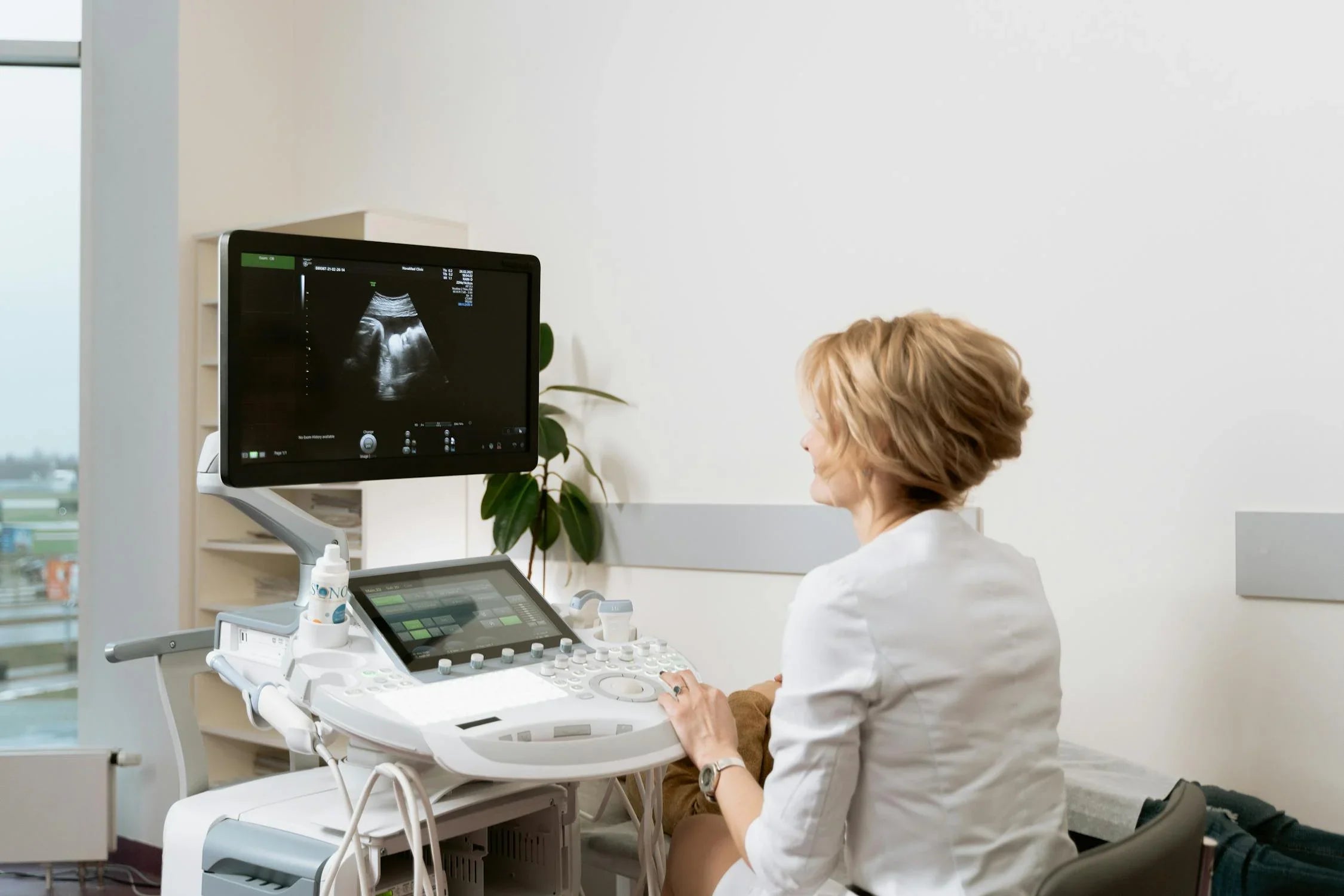Home
Pregnancy, Breastfeeding, and Pumping: The Ultimate Guide for Moms
How Much Urine for Pregnancy Test: A Complete Guide

How Much Urine for Pregnancy Test: A Complete Guide
When it comes to taking a pregnancy test, one of the most common questions is, how much urine for pregnancy test is required? Understanding the correct amount of urine needed can make a significant difference in the accuracy of your results. This guide will walk you through everything you need to know about urine volume, test types, and tips for ensuring the most reliable outcome.
Understanding Pregnancy Tests
Pregnancy tests work by detecting the presence of the hormone human chorionic gonadotropin (hCG) in your urine. This hormone is produced shortly after a fertilized egg attaches to the uterine lining. The accuracy of the test depends on several factors, including the concentration of hCG in your urine and the amount of urine used during the test.
How Much Urine Is Needed?
The amount of urine required for a pregnancy test can vary depending on the type of test you are using. Most tests require only a few drops of urine, typically around 5 to 10 milliliters. However, it is essential to follow the specific instructions provided with your test kit to ensure accurate results.
Dip Tests
Dip tests are one of the most common types of pregnancy tests. To use a dip test, you will need to collect a small sample of urine in a clean container. The test strip is then dipped into the urine for a specified amount of time, usually around 5 to 10 seconds. After removing the strip, you will need to wait for the results to appear, which typically takes a few minutes.
Midstream Tests
Midstream tests are another popular option. These tests are designed to be held directly in the stream of urine for a few seconds. The advantage of midstream tests is that they eliminate the need for a separate container, making them more convenient for many users. However, it is still important to ensure that the test is exposed to an adequate amount of urine to obtain accurate results.
Factors Affecting Test Accuracy
While the amount of urine used is crucial, there are other factors that can affect the accuracy of your pregnancy test. These include:
- Timing: Taking the test too early or too late in your cycle can impact the results. It is generally recommended to wait until after you have missed your period to take a pregnancy test.
- Urine Concentration: The concentration of hCG in your urine can vary throughout the day. For the most accurate results, it is best to use the first urine of the morning, as it is typically more concentrated.
- Test Sensitivity: Different tests have varying levels of sensitivity to hCG. Some tests can detect lower levels of the hormone, making them more accurate earlier in pregnancy.
Tips for Accurate Results
To ensure the most accurate results from your pregnancy test, consider the following tips:
- Read the Instructions: Always read and follow the instructions provided with your test kit. Each test may have specific requirements for urine volume and testing procedure.
- Use a Clean Container: If you are using a dip test, make sure to use a clean, dry container to collect your urine sample. Contaminants in the container can affect the test results.
- Check the Expiration Date: Expired tests may not provide accurate results. Always check the expiration date before using a pregnancy test.
- Wait for the Right Time: Avoid taking the test too early in your cycle. Waiting until after you have missed your period can increase the likelihood of accurate results.
Common Mistakes to Avoid
There are several common mistakes that can lead to inaccurate pregnancy test results. These include:
- Using Too Little Urine: Not using enough urine can result in an invalid or inaccurate test. Make sure to use the recommended amount of urine for your specific test.
- Reading the Results Too Early or Too Late: Reading the results outside the specified time frame can lead to misinterpretation. Always follow the instructions regarding when to read the results.
- Using Diluted Urine: Using urine that is too diluted, such as after drinking a large amount of water, can lower the concentration of hCG and affect the test results.
When to Consult a Healthcare Professional
If you receive a positive result on your pregnancy test, it is important to consult a healthcare professional to confirm the result and begin prenatal care. If you receive a negative result but still suspect you may be pregnant, it is also a good idea to consult a healthcare provider. They can perform a blood test, which is more sensitive and can detect lower levels of hCG than a urine test.
Frequently Asked Questions
Can I Use Any Type of Urine for a Pregnancy Test?
While you can use any urine sample for a pregnancy test, the first urine of the morning is generally the most concentrated and will provide the most accurate results.
How Long Should I Wait to Take a Pregnancy Test?
It is best to wait until after you have missed your period to take a pregnancy test. Taking the test too early can result in a false negative.
What Should I Do If My Test Is Negative but I Still Feel Pregnant?
If you receive a negative result but still suspect you may be pregnant, wait a few days and take another test. If you continue to receive negative results but still have symptoms of pregnancy, consult a healthcare professional.
Understanding how much urine for pregnancy test is needed is just one piece of the puzzle. By following the tips and guidelines outlined in this article, you can increase the accuracy of your results and take the next steps with confidence. Whether you are hoping for a positive or negative result, knowing the correct procedure can make all the difference.
Share

